Walter G. Johnson, London 1921 (EN025) - SOLD



Walter G. Johnson, London 1921 (EN025)
A very well made post WW1 English cello in terrific condition with an exceptionally dark, warm sound.
Unfortunately we couldn’t dig up any information on Walter G. Johnson, the maker of this instrument; he is not listed in any violin-maker reference book. The absence of a listing would usually point to an amateur maker; we do not however believe this is the case with this cello. It is exceptionally well made which would indicate either professional training or working under the supervision of a master-maker and our best guess is that Johnson worked for one of the London shops at the time, made few instruments but undoubtedly there will be more out there with his label. Perhaps more research could shed light on this enigmatic maker.
The cello is in near perfect condition with no crack repairs, it is well constructed using fine materials. The varnish is dark, partly due to the effects of aging but also a reflection of the taste at the time, a period of national somber following the devastation of WW1. A fine layer of craquelure has developed on the surface.
On the dark to bright sliding scale of sound, this instrument is definitely on the darker end and would appeal to the player looking for that noir, warm and personal sound rather than brash and ostentatious. This is somewhat typical of older English cellos.
The length of back is 752mm. High resolution photos available on request.
Further research has revealed the following about Walter:
He was born in 1893, lived in Lambeth and was a WW1 veteran. He was educated in lutherie at the Northern Polytechnic in London which was a school focused on rehabilitating soldiers from the Great War into the workforce. His workshop was apparently bombed during the Blitz of WW2.
“The Northern Polytechnic opened in Holloway with aid from the City Parochial Foundation and substantial donations from the Worshipful Company of Clothworkers in 1896. Under the terms of its royal charter, its objective was "to promote the industrial skill, general knowledge, health and well-being of young men and women belonging to the poorer classes of Islington [and] to provide for the inhabitants of Islington and the neighbouring parts of north London, and especially for the Industrial Classes, the means of acquiring a sound General, Scientific, Technical and Commercial Education at small cost”. Wikipedia
